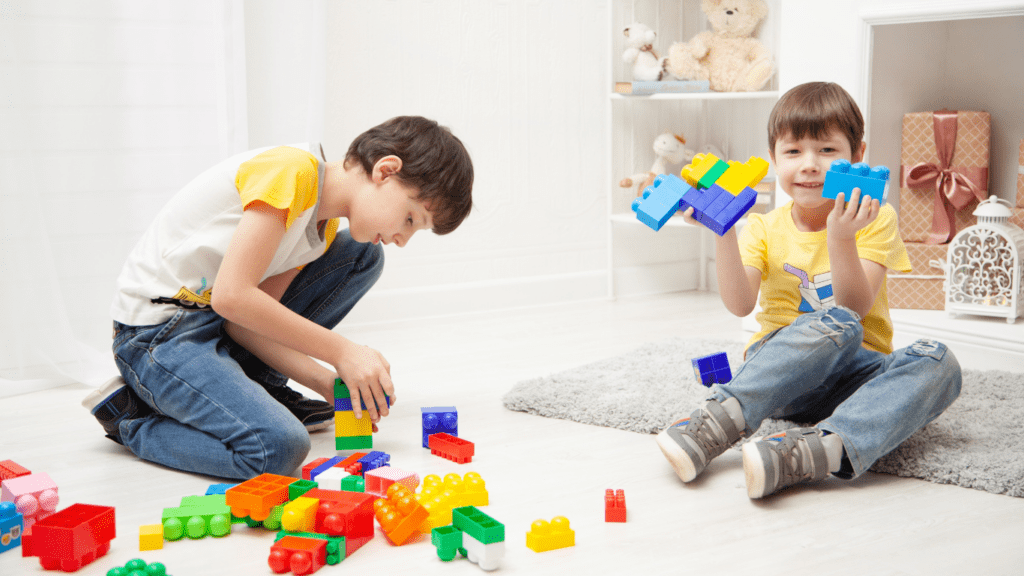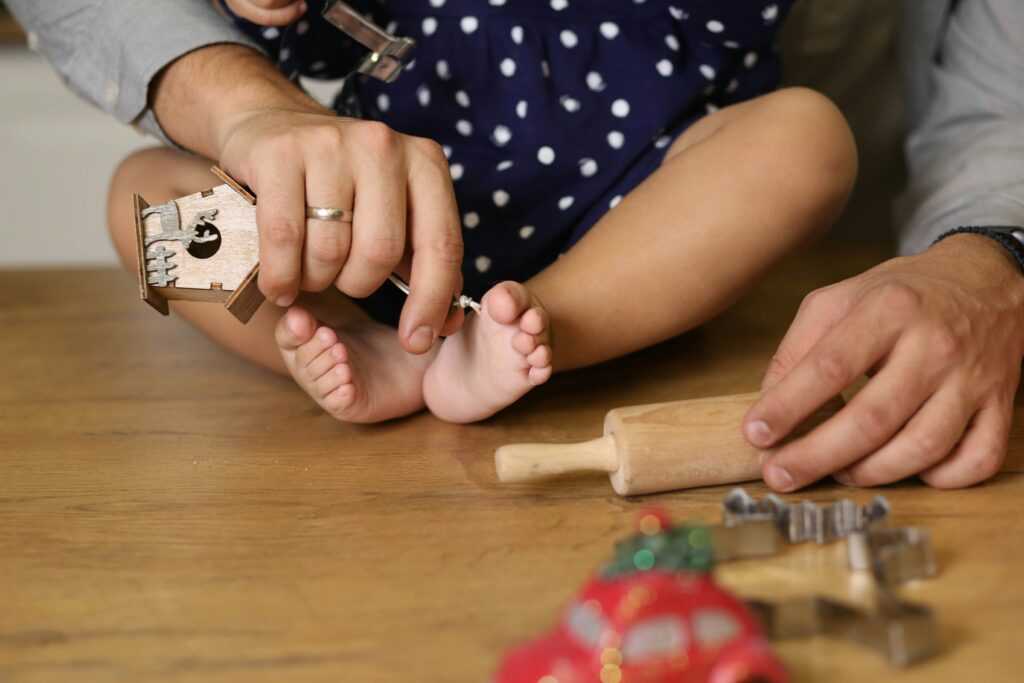The Impact of Gaming on Children’s Emotions
Video games offer more than just entertainment; they affect children’s emotions in various ways. By engaging in different types of games, children can experience a range of emotional responses, contributing to their emotional development.
How Games Affect Emotional Intelligence
Video games can enhance emotional intelligence by allowing kids to recognize and manage their emotions. Games with complex characters and storylines encourage players to understand and empathize with different perspectives.
For instance, role-playing games (RPGs) often require players to make moral decisions, fostering a deeper understanding of empathy and ethical behavior.
Research from the American Psychological Association suggests that children who play narrative-driven games show improved emotional regulation and social skills.
Types of Games That Promote Emotional Growth
Certain types of games have been linked to positive emotional development in children.
Cooperative multiplayer games, for example, require teamwork and communication, helping kids develop social skills and learn to manage frustrations.
Puzzle games challenge players to solve problems and think critically, which can improve patience and perseverance.
Additionally, simulation games where players manage virtual worlds or characters often teach responsibility and decision-making. Minecraft, for instance, enables creativity and collaboration, promoting emotional and social growth.
Educational Benefits of Gaming in Child Development
Video games can do more than entertain. They offer significant educational benefits that aid in child development.
Cognitive and Emotional Skills Enhanced by Games
Games boost multiple cognitive and emotional skills. In particular, they improve problem-solving abilities, memory, and spatial awareness.
- Strategy games like Chess require kids to plan ahead, enhancing cognitive flexibility.
- Fast-paced action games like Fortnite increase reaction times and multitasking skills.
- From an emotional perspective, games help kids manage stress and cope with frustration.
- Role-playing games (RPGs) like The Legend of Zelda encourage empathy by allowing players to experience complex stories and character emotions.
Case Studies: Success Stories of Gaming in Education
Numerous case studies show the potential of gaming in education. In New York, Quest to Learn (Q2L) school has integrated games into its curriculum. Kids engage in game-based learning, which improves their technical literacy and teamwork.
Another example is the University of Wisconsin-Madison’s study showcasing Minecraft in classrooms. Results indicate that students collaborating on Minecraft projects demonstrate improved creativity, collaboration, and problem-solving skills.
These cases highlight the diverse benefits of gaming in educational environments, reinforcing the power of video games in fostering cognitive and emotional growth in children.
Key Aspects of Developing Emotional Skills Through Games

Video games play a pivotal role in emotional development for kids, enhancing attributes like:
- empathy
- decision-making
- social skill
Exploring specific game genres reveals distinct benefits.
Role-Playing Games and Empathy Building
Role-playing games (RPGs) excel in empathy development, allowing kids to step into another person’s shoes.
Games like:
- The Simz
- Undertale
involve complex characters and scenarios, prompting players to understand diverse perspectives and emotions.
Engaging with these characters, kids learn to navigate emotional dialogues and moral dilemmas. RPGs encourage emotional investment, fostering deeper emotional connections and understanding in real-world settings.
Strategy Games and Decision-Making Skills
Strategy games sharpen decision-making skills by necessitating thoughtful planning and critical thinking.
Titles like “Civilization” and “StarCraft” require players to anticipate outcomes, analyze scenarios, and make quick decisions under pressure.
These games teach kids to weigh options, consider long-term impacts, and develop problem-solving abilities.
Engaging in strategy gameplay equips kids with the cognitive tools needed for effective and responsible decision-making in everyday life.
Choosing the Right Games for Emotional Development
Identifying games for emotional growth in kids requires understanding different criteria and recommendations for various age groups.
Criteria for Selecting Developmental Games
Focus on age-appropriate content. Ensure games match the child’s developmental stage and maturity. For instance, younger kids benefit from games with simple mechanics and positive reinforcement.
Prioritize educational value. Opt for games that offer opportunities for learning and skill development. Titles that involve problem-solving and critical thinking provide added value.
Look for positive social interactions. Games promoting collaboration teach teamwork and communication. Multiplayer modes often enhance social skills and empathy.
Consider emotional engagement. Choose games with strong narratives and emotional depth. Stories that inspire empathy through well-developed characters and moral choices can contribute to emotional intelligence.
Recommended Games for Different Age Groups
For ages 4-7. “Toca Life World” by Toca Boca encourages creativity and problem-solving. “Endless Alphabet” by Originator Inc. helps with vocabulary and emotional expression through fun animations.
For ages 8-12. “Minecraft” by Mojang fosters creativity, collaboration, and problem-solving. “Animal Crossing: New Horizons” by Nintendo teaches empathy and community building through various in-game activities.
For teens 13-17. “Life is Strange” by Dontnod Entertainment offers deep narrative experiences that explore complex emotional themes. “The Sims” series by Maxis allows players to manage life scenarios, fostering empathy and decision-making.
Parental Guidance and Gaming
Parental guidance plays a vital role in harnessing the power of gaming for kids’ emotional development. Parents engage more effectively by setting boundaries and discussing gaming experiences.
Setting Boundaries and Screen Time Limits
Kids need clear boundaries to balance gaming and other activities.
I recommend using tools like parental control apps to monitor screen time, ensuring they don’t exceed the recommended two hours daily by the American Academy of Pediatrics. Establish specific gaming hours and stick to them.
This helps kids understand the importance of moderation and prevents gaming from interfering with sleep, homework, and physical activities.
Engaging with Children About Their Gaming Experiences
Talking with kids about their gaming experiences enhances their emotional growth. I suggest discussing the games they play, the challenges they face, and their feelings during gameplay.
Ask open-ended questions like, “What did you learn from that game?” or “How did that make you feel?” Engaging in these conversations helps them reflect on their emotions and develop critical thinking.
Playing games together can also provide insights into their emotional responses and foster a collaborative learning environment.



